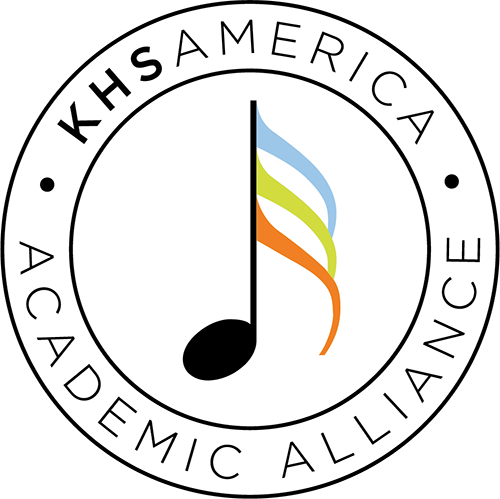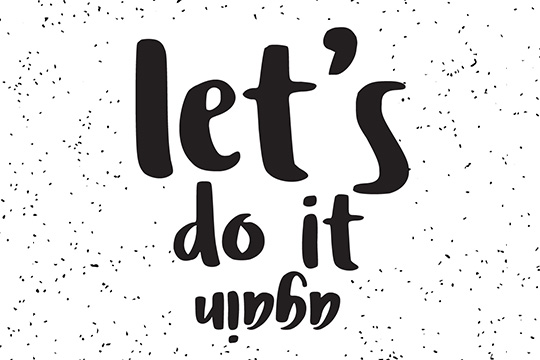Of all the things we repeatedly say in rehearsals, the phrase “do it again” must rank high, actually very high on the list. Though we have an extraordinary number of euphemistic instructions to vary our speech, such as “try it again,” “one more time,” or “give it another go,” they all boil down to those same three words. Can’t you just hear it being said over and over again? Of course, instinctively our students know we really mean “let’s improve our performance of that passage as we repeat it,” but therein lies the problem.
Do they know what is wrong, what needs improving, what needs to be fixed, or how to fix it? Often, they don’t. So they simply repeat the same performance hoping that others will know what to do, or that it will magically improve. More often than not, they don’t, and it doesn’t. Those phrases are simply not actionable most of the time. In other words, our students don’t know what action they can take to improve what they are doing.
If we always add a tagline to those phrases to make them actionable, our rehearsals can’t help but improve dramatically. Far more actionable statements could be ones like: “Let’s try it again at rehearsal 120 making the crescendo more gradual,” “One more time at letter B, making the contrast between the forte and fortissimo even greater,” or “let’s give the trio another go making certain to exaggerate the contrast of articulation much more.” Think of how much more informed and able to improve our students will be receiving instructions like those. So I try to never say “do it again” without adding something that will make it truly actionable.
Peter Loel Boonshaft, Director of Education
KHS America
The content of this Blog article or Banded Story is the intellectual property of the author(s) and cannot be duplicated without the permission of KHS America and/or the author(s). Standard copyright rules apply.



 We look forward to the evolution of this exciting program, and welcome feedback on how we can further enhance the work that you do in music education.
We are excited to offer your program the opportunity to join the KHS America Academic Alliance today.
We look forward to the evolution of this exciting program, and welcome feedback on how we can further enhance the work that you do in music education.
We are excited to offer your program the opportunity to join the KHS America Academic Alliance today.